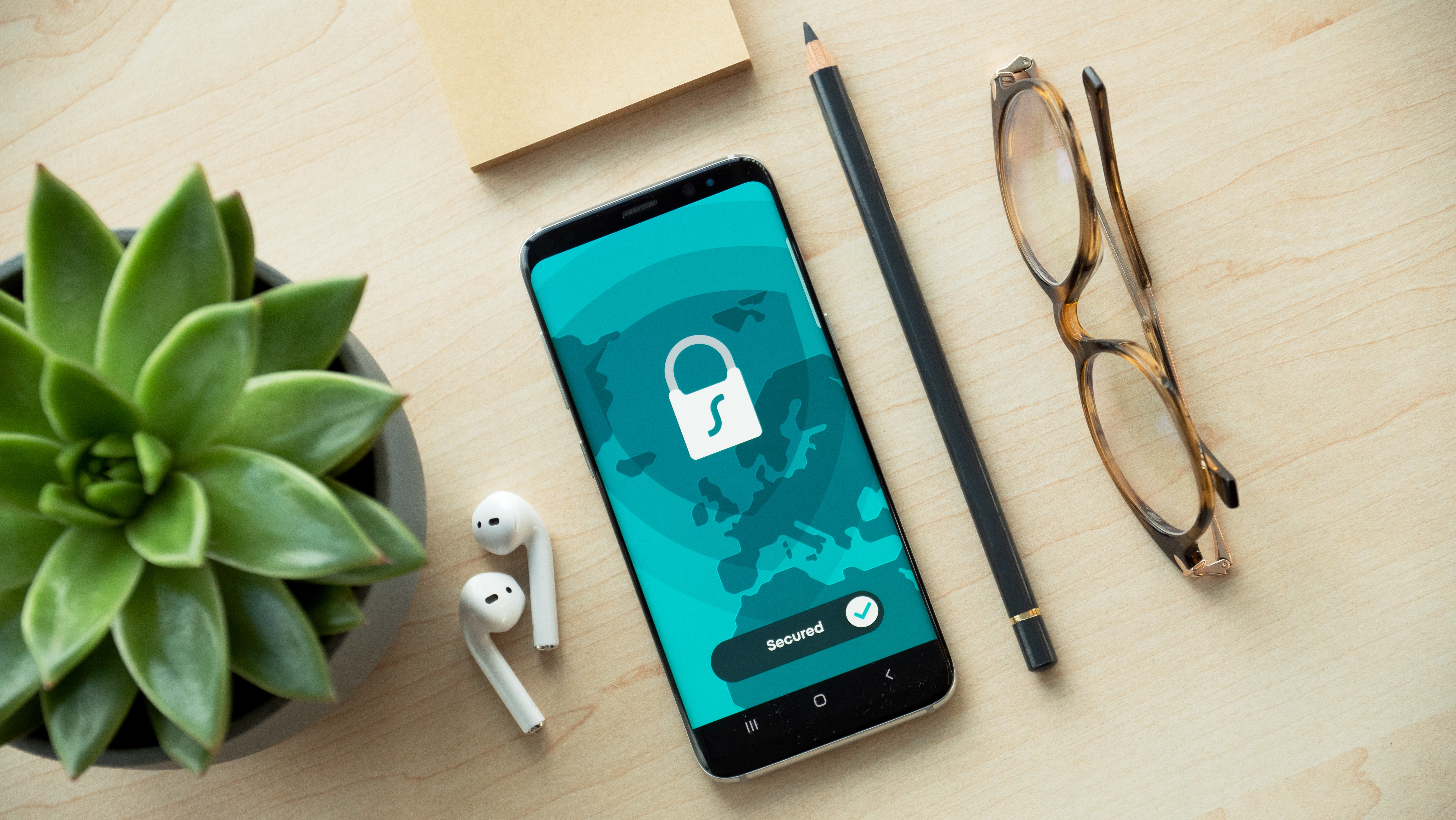Extra Online Security for your phone

Mobile phone Malware Statistics
Are you aware your phone is at risk of malware attacks from cyber gangs? Hackers are trying harder to spread malware through instant messaging, emails, and third-party apps to access sensitive data, including passwords and bank log-ins.
Some of these apps are in Google Play Store, making them appear legit and safe. Researchers reported a 500% soar in mobile malware attempts in the first quarter of 2022. The confirmed motive is to steal usernames, email, and bank account log-ins. Even scarier, they monitor and record sound and videos and monitor location. At worst, they delete everything from your phone. Users of Apple and Android devices are both at risk of cyberattacks, but Android users are more likely to be a victim of one. Hackers employ phishing emails with fake links to steal unsuspecting victims' passwords and online banking information. These texts and emails, which are infected with malware, appear legit.
Steps to Protect Your Phone from Malware
Your phone has priceless data and photos which you hold dear. There are simple steps that you could follow to secure your phone.
Change your Easy to Guess Flimsy Password to a Strong Password
The biggest mistake users make is using a weak password across many networks. When one account is compromised, all other accounts will be easily accessed by hackers.
A password manager is your best bet as it provides strong eight-digit plus passwords with upper case and lowercase letters, formulas, and number combinations.
Enable Multifactor Authentication for Accounts
While it can be annoying since it takes some time to access your account, a more than a single step log in protects your phone and online accounts such as Gmail. It makes it hard for cybercriminals to access our accounts.
Turn On Automatic Software Updates
You must have heard of zero-day exploits. Software companies are increasingly releasing new software updates to patch vulnerabilities. If you set your phone to update its software automatically, you lower the risk of cyberattacks from hackers who exploit vulnerabilities.
Encrypt Your Data
When connected to a public Wi-Fi network, always use a Virtual Private Network, or VPN, to ensure your online privacy is protected. Any restaurant will have a free Wi-Fi network. You have no idea how secure that connection is. Without your knowledge, another user on the network can view or steal the files and data transmitted from your laptop or mobile device. The individual operating the hotspot is likely a crook listening in on all Wi-Fi communication.
A virtual private network (VPN) encrypts and routes your internet traffic through a VPN provider's server. Nothing is public; not even the proprietor of the public Wi-Fi hotspot can monitor your online activity. Once you decide which VPN you'll go for, setting up VPN in Chrome is quick and easy: Click "Add to Chrome" to add the Free VPN extension to your browser. Second, navigate to the Free VPN icon in your browser's address bar by clicking the icon to its right. From the list of VPN servers on the right, click on the VPN server location of your liking. That’s all. Your VPN connection has been established, and your location has changed.
Install an Antivirus
Install antivirus on your phone as a security measure to detect and remove malware. Also, enable the automatic software update so that your antivirus automatically updates when there is an update. You can find the best antivirus software online. Often, Android phones are infected with malware because users forget to update the security software. Yet some of the best antivirus companies try their best to fix vulnerabilities with updated software.
Get Rid of Apps You Don’t Use
Aside from filling your phone storage, Unused apps pose security risks, especially if they are outdated. They also share lots of data about you, so you should delete them. Click on My Apps, then click on Installed Apps. Go through Apps and delete them where necessary.
Take A Look at Your Smart Phone Security Setting
Often, audit privacy issues by looking through the apps and their ‘permissions.’
You should check permissions on your smartphone at least once a year. You can turn off permissions such as access to your location or the microphone in Android's Settings > Privacy > Permission Manager to ensure that only the apps you allow can use them. To do the same on an iPhone or iPad, go to Settings > Privacy.
Final Submission
Extra online security for your phone can be achieved with simple steps that add security layers, encrypt and protect your data from malware.
(Devdiscourse's journalists were not involved in the production of this article. The facts and opinions appearing in the article do not reflect the views of Devdiscourse and Devdiscourse does not claim any responsibility for the same.)










